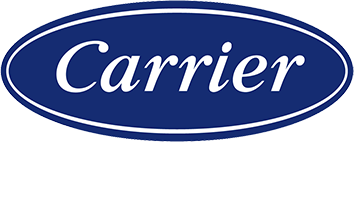Do central air conditioners use a lot of electricity?
Yes, they can use quite a bit if inefficiently done.
Air conditioners are the number one energy hogs in many people's homes--especially if there's no DIY project to reduce it.
However, do you know how much electricity your central air conditioner uses? It can be less than you think, especially with some simple changes that you can apply yourself.
The first step is understanding exactly what sort of central air conditioning unit you have installed at home or in your office.
Here are five different types available today:
If yours is an older model using the refrigerant R-22, it will use more energy because this refrigerant has a higher heat transfer capacity than modern ones.
But you can still cut down on the energy use if you follow these guidelines:
-
During the summer, open up all your windows until it's just two degrees cooler outside than inside your home or office. This will allow air to move freely through the house without having to rely on an air conditioner.
-
Unless heat waves are expected, set your central air unit at 72°F during daytime and 72°F at night at most—there's no reason for 72°F all day long! Experts recommend setting it lower than 72°F but not below 65°F because of mold growth potentials in humid climates. Also, turn off any fans if they're not needed so they don't keep running your central air unit.
-
Have your system checked at least once a year by a professional to make sure it works efficiently, saving you energy and money. It's also important to replace any old filters with low-cost pleated ones that can reduce air pressure drop by up to 40 percent—a significant amount of energy savings! Pleated Filters Comparison Chart © HowStuffWorks 2014
-
If you have an older model with R-22 refrigerant, consider replacing it with one using the newer R-410A refrigerant because not only are they more efficient but most manufacturers will cover the cost of replacement if your system is under warranty.
-
To clean out dust from the compressor cabinet where all the dirt accumulates, use a soft brush and vacuum cleaner.
-
Use the right-sized central air conditioner for your home or office: it should be 15% to 20% more BTU than your existing unit. This is because of energy lost in the ductwork and through leakages such as around joints, return grills, and service doors. You can get this information from your contractor or manufacturer.
-
Change out any single-pane windows for double-pane ones so air doesn't leak in preventing conditioned air from leaving your home or office through walls and ceilings—and better yet, add insulation if you don't already have it! Double Pane Windows Comparison Chart © HowStuffWorks 2014
-
Ensure that all appliances that give off heat are run at the same time so that the air conditioner is working more efficiently. You can also schedule your washing machine or dishwasher during times of lowest energy demand using a special timer to determine when this happens.
-
Use a programmable thermostat to set schedules for when you need cooling and heating inside your home or office—so you don't have to think about it! Programmable Thermostats Comparison Chart © HowStuffWorks 2014
-
If you're installing a new central air conditioner, consider having a ground-source heat pump instead since these systems will reduce the load on your unit by 40% in summer and up to 50% in winter with even greater savings if temperatures go into the extreme ranges. These are great for commercial buildings too but beware of the added cost of installing a new ductwork system!







